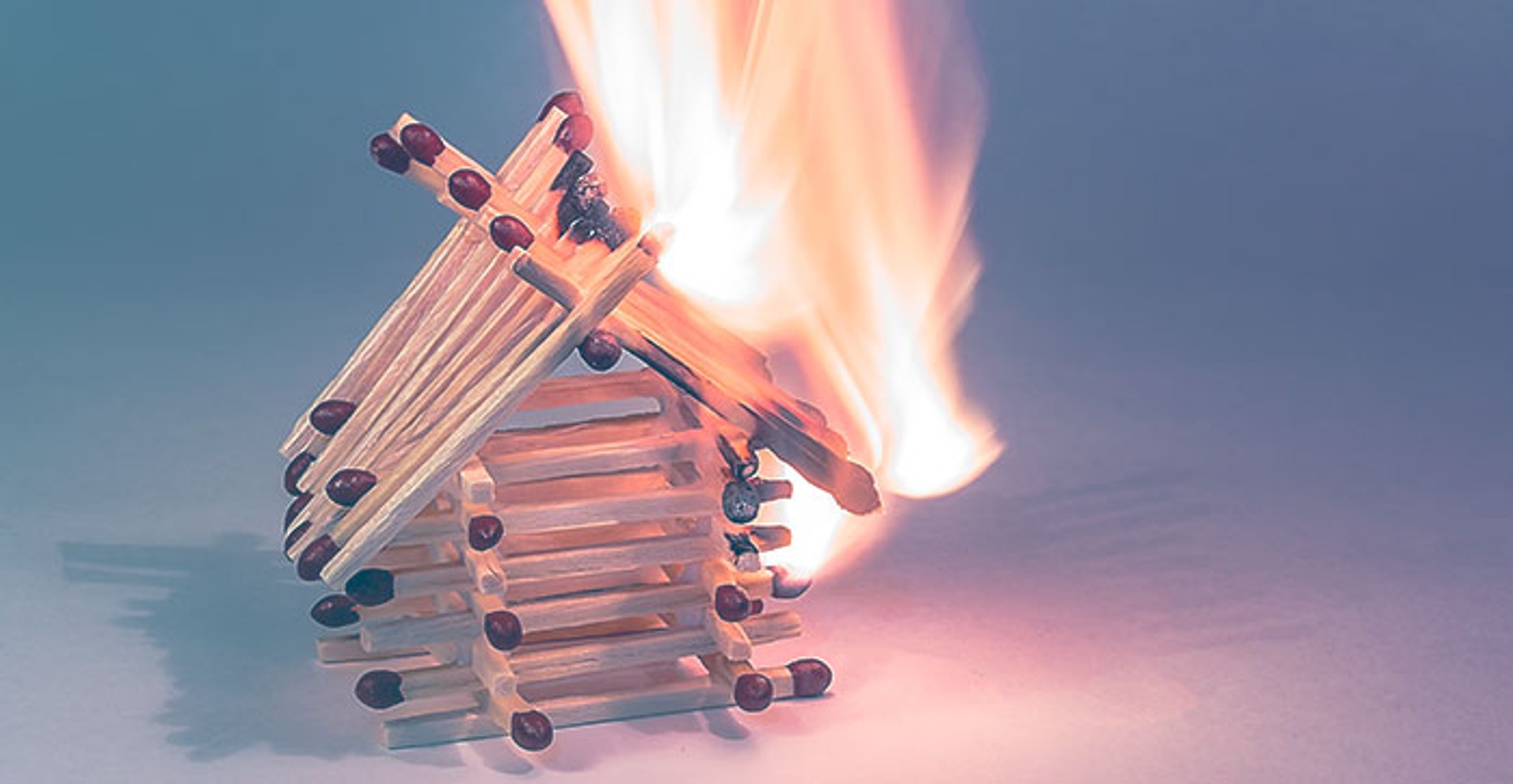Fires can be a devastating, life changing event, that could often have been easily prevented. For Fire Prevention Week, make sure you’re following these best practices in your home to ensure that you and your family are safe throughout the year.
Smoke Alarms. When was the last time you checked your smoke alarm? If you can’t remember, then be sure to add that to your to-do list. Test your smoke alarms on a monthly basis and replace batteries when needed. It’s a simple task and could save your life. Smoke alarms should be installed on every level of the home, and in every bedroom and sleeping area.
Have a Plan. Establish an emergency plan for your family in the event of a fire. Educate children so that they can easily identify the sound of an alarm and what to do when they hear it. Practice a fire drill at home by setting off the alarms and having your children follow your home safety plan and route for escape. Make sure that exits are clear of debris at all times. Be sure to have enough carriers/leashes on hand for each pet in the home.
Educate. Take the time to educate yourself and your family on common causes of household fires and how to prevent them. Know that all fires are not created equal, and the best ways to put out different types of fire, such as grease fires. Have multiple fire extinguishers in the home, and make sure that everyone is familiar on how and when to use it.
Stay Cozy Safely. No one likes to be cold in the winter. However, the ways we choose to heat up in our homes could compromise our safety. Be mindful of where you place space heaters and always ensure that there is at least 3 feet of space between your space heater/s and any flammable materials. Keep portable gas generators outside and away from windows to decrease the dangers of carbon monoxide poisoning. Keep your chimney and fireplace clean and clear of debris, and use a screen on your fireplace to prevent embers from escaping and causing a fire. Never leave any fire, big or small, burning unattended.
Avoid Dryer Fires. 90% of appliance fires can be attributed to dryers. If you suspect that your dryer may not be in safe working order, get it checked by a professional. Make it a habit to clean out the lint screen of your dryer after every use. Check your vent hose and make sure it is in good shape and has not been crushed or dented in any way. Be sure to keep the area around your dryer free of debris in case of a fire to prevent more widespread damage.
Follow these simple tips for a safer home and peace of mind.






